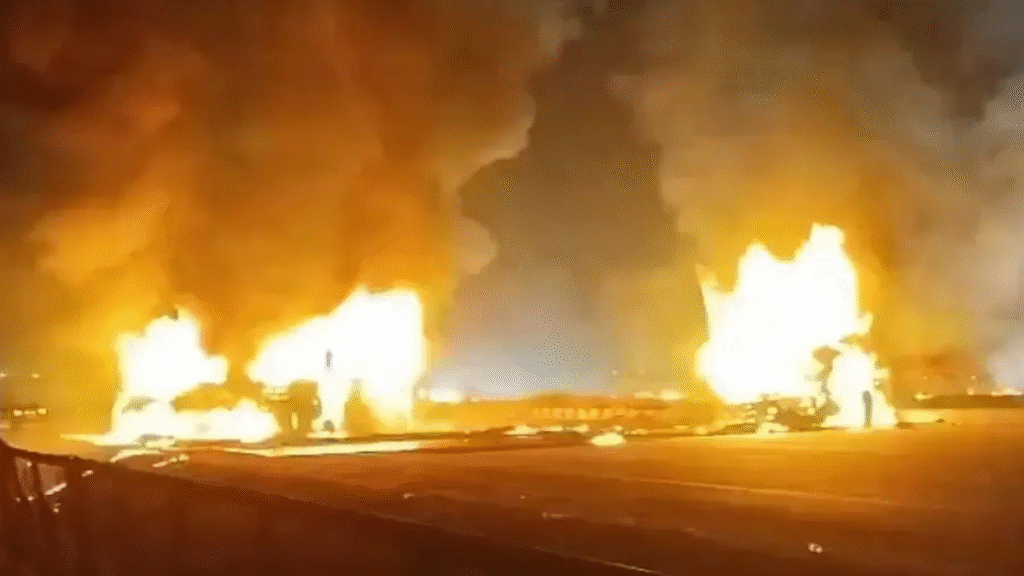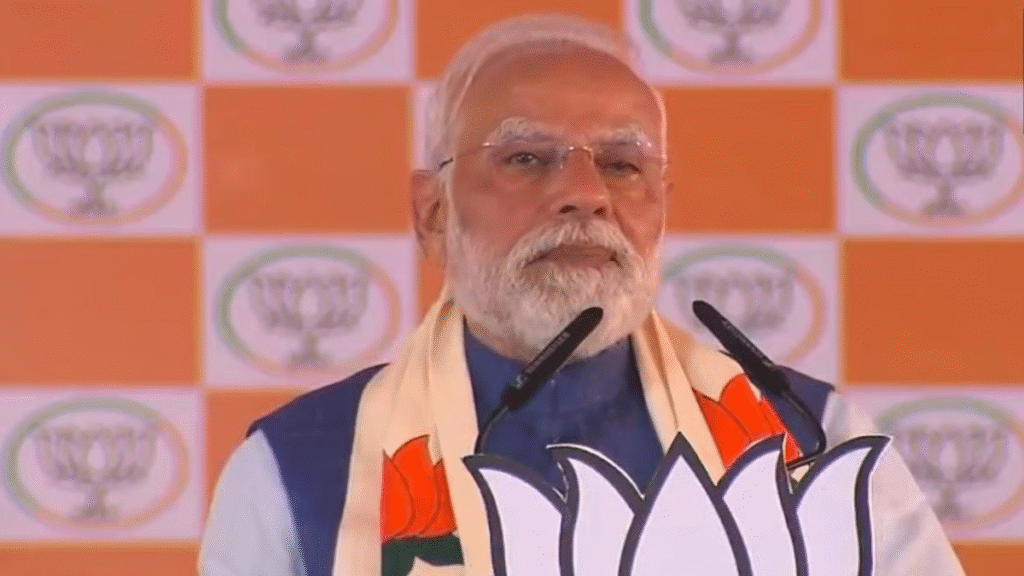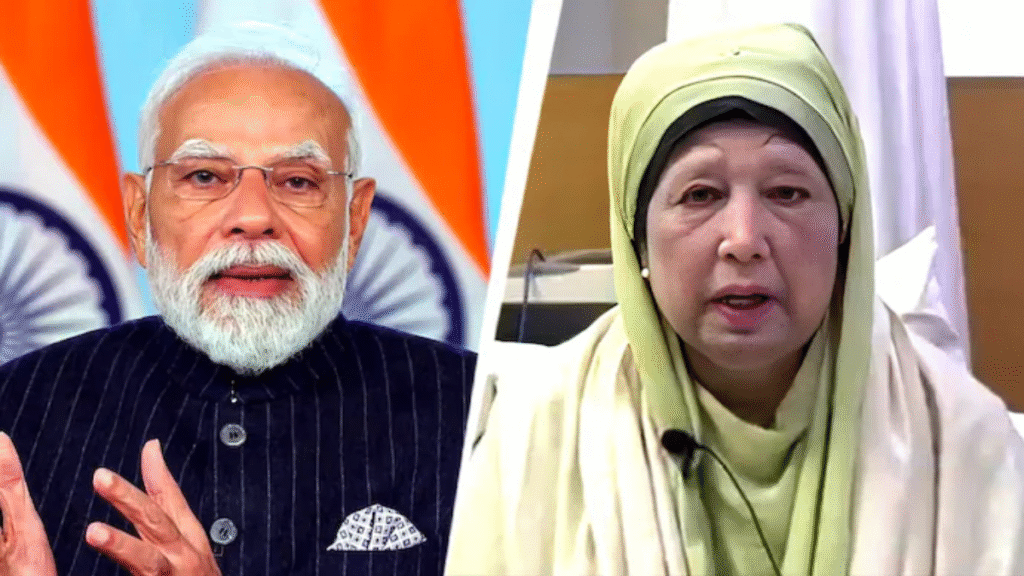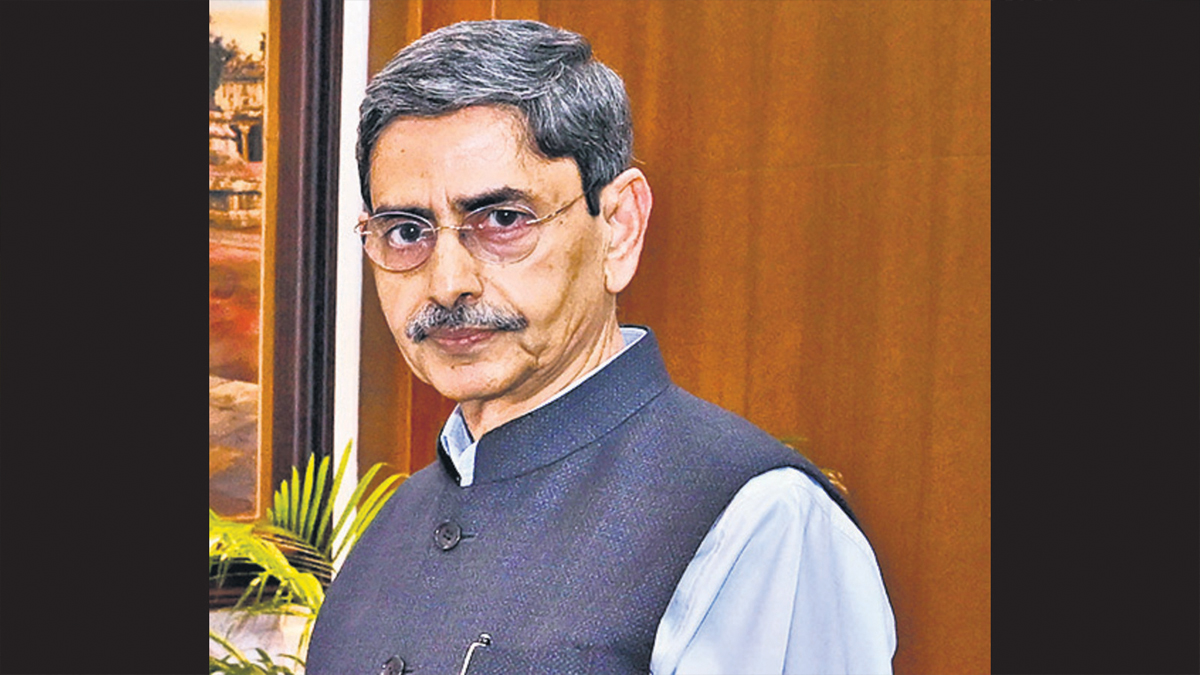Now Reading: Siddaramaiah Rebukes Modi, Cites “Central Intelligence Failure” in Pahalgam
-
01
Siddaramaiah Rebukes Modi, Cites “Central Intelligence Failure” in Pahalgam
Siddaramaiah Rebukes Modi, Cites “Central Intelligence Failure” in Pahalgam
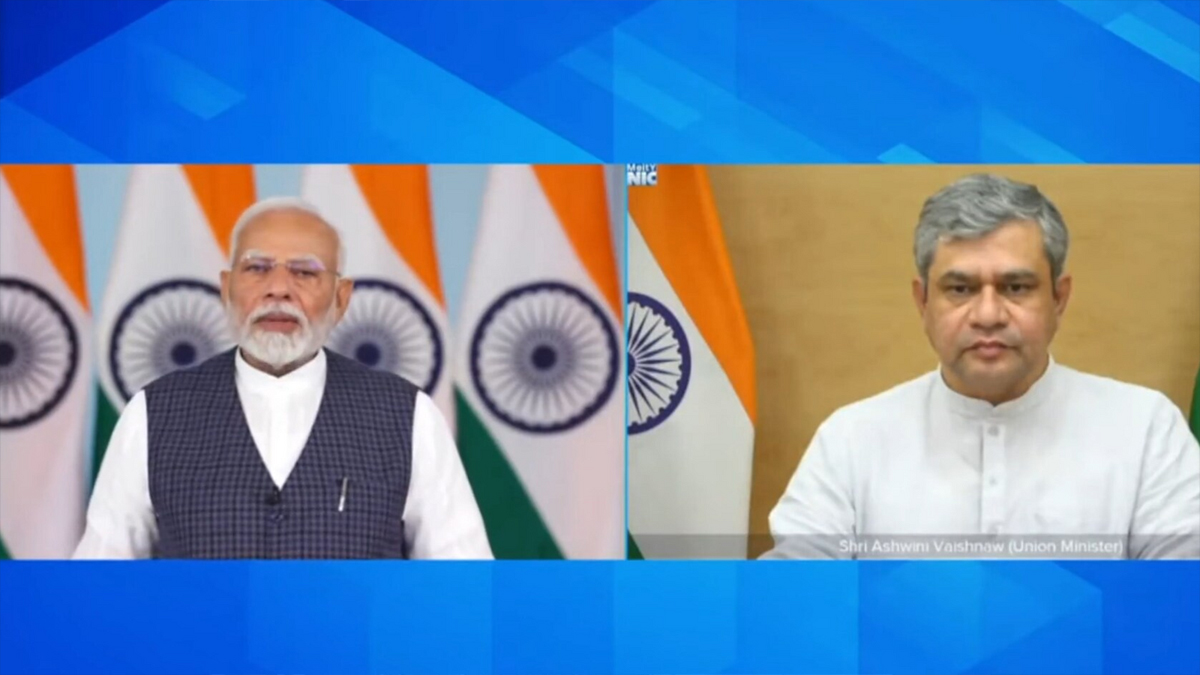
Former Karnataka Chief Minister Siddaramaiah has launched a sharp critique against Prime Minister Narendra Modi‘s pronouncements on combating terrorism, specifically targeting the recent attack in Pahalgam, Jammu and Kashmir. Siddaramaiah characterized the incident as a “central intelligence failure,” directly challenging the Prime Minister’s repeated pledges to aggressively track and punish those responsible for terrorist activities.
Siddaramaiah’s comments come amidst heightened tensions following the Pahalgam attack, which resulted in significant casualties. He argued that the incident exposed critical vulnerabilities in the nation’s intelligence apparatus, suggesting that the government’s rhetoric on national security does not align with the realities on the ground. The senior Congress leader emphasized the need for accountability and a thorough review of the existing security protocols, rather than relying solely on strong statements.
“The Prime Minister’s vows to hunt down terrorists ring hollow when we witness such glaring lapses in intelligence,” Siddaramaiah stated, highlighting a perceived disconnect between the government’s promises and its performance. He called for a transparent investigation into the intelligence failures that led to the Pahalgam attack, demanding that the government provide clear explanations to the public.
Furthermore, Siddaramaiah questioned the effectiveness of the current security strategies in Jammu and Kashmir, asserting that the repeated occurrence of such incidents indicates a systemic problem that requires immediate attention. He urged the government to adopt a more proactive and nuanced approach to counterterrorism, stressing the importance of strengthening local intelligence networks and fostering better coordination between different security agencies.
The veteran politician’s remarks have ignited a debate on the efficacy of the central government’s counterterrorism policies, with opposition leaders echoing his concerns. This incident has reignited discussions on the balance between strong rhetoric and practical implementation in the fight against terrorism, prompting calls for a more pragmatic and effective security strategy.

